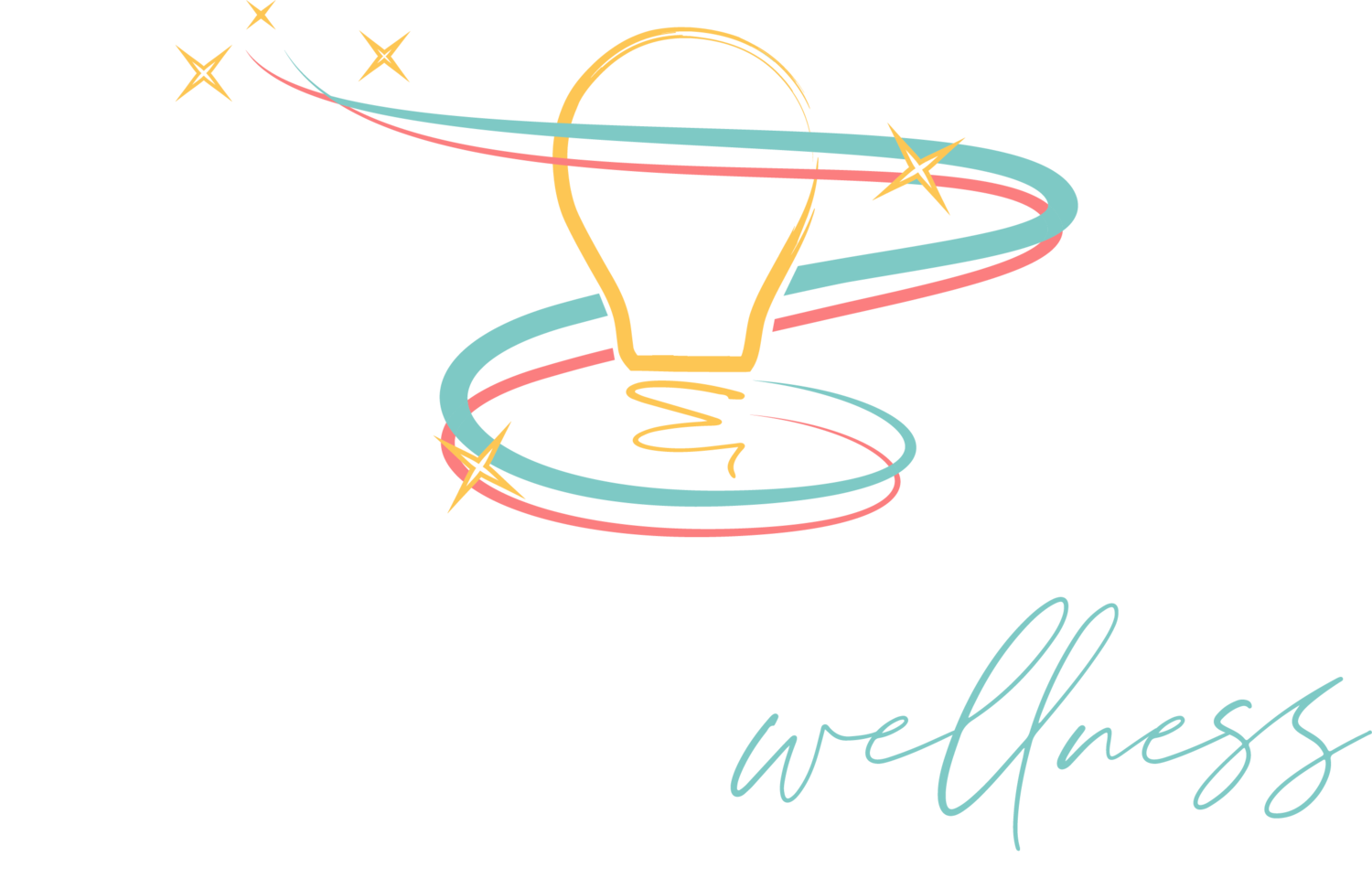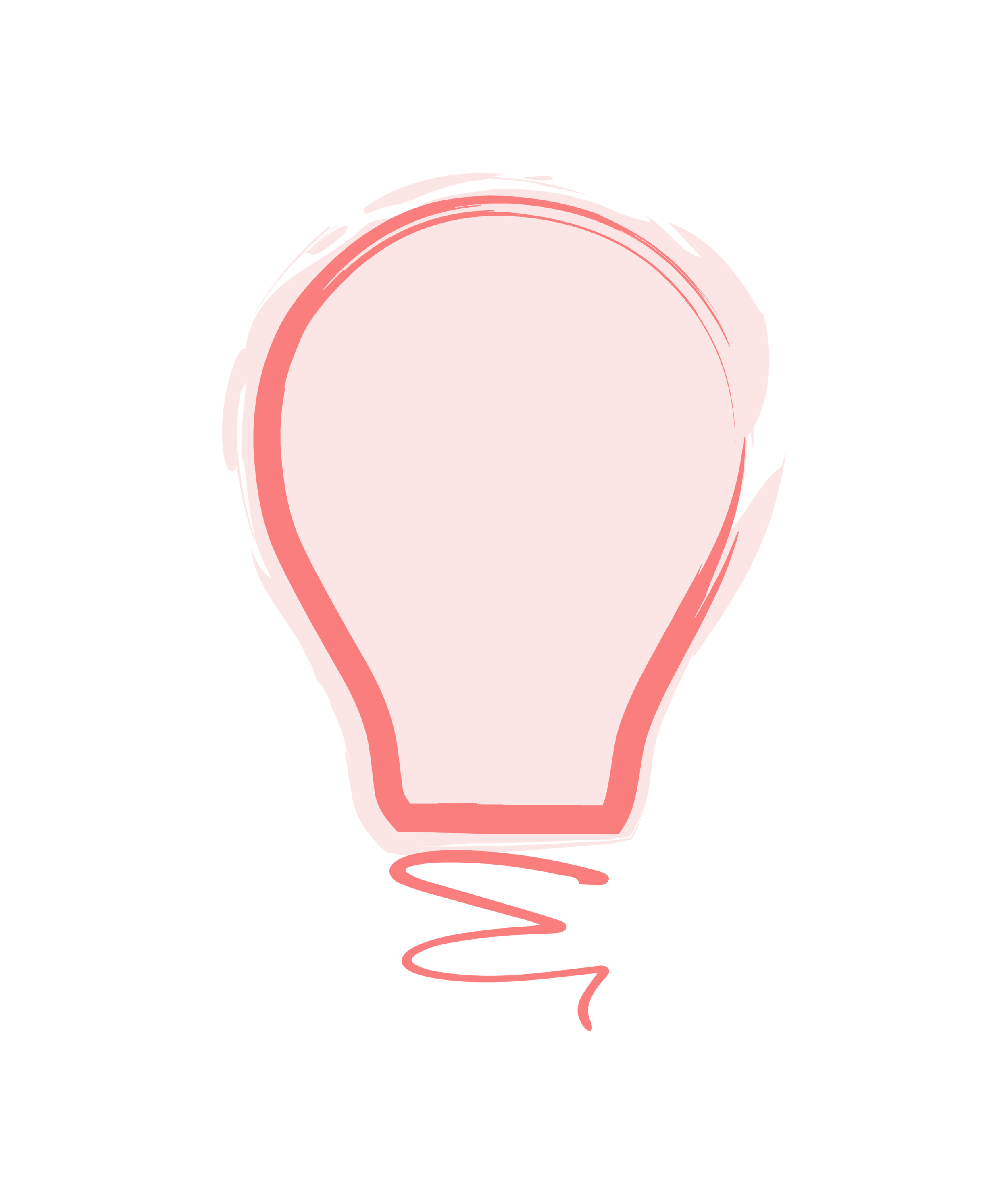Subtle Skills and the Zen of Sociology
By now most of us have heard of the phrases “hard skills” and “soft skills”. In a world of dichotomies, where everything is “versing” something else- logic vs. intuition, reductionism vs. holism, statistics vs. anecdotes, etc., it can be tough to get an integrated perspective in our personal and professional lives. One of the most powerful lessons we can learn is how to integrate the personal and professional, the sociological and the spiritual. A lightbulb moment happened for me while on sabbatical. If at all possible, it pays to take a break!
After years of building a new academic program that combined medical sociology and population health management, I had reached a burnout point, and I had no idea how to move forward on stalled projects. The sabbatical time allowed me to decompress and engage in deep reflection.
No longer in survival mode, I started to heal from burnout and without needing to constantly boost myself up, I was struck by how many mistakes I had made in retrospect. This led to a time of honest assessment of the lessons I had learned, and the skills I now had, and the insights revealed have become a through-line in my new phase of work.
The ah-ha happened when I transported myself back to the happiest times of my career. I was at “research center” - a class that a group of students and I had developed at the rurally-situated polytechnic university I worked at. The research center was located in a new co-working space, off campus, in the downtown area of the town. In this flashback, I had just spent an hour talking with students, after our meeting, which had run over, and we had once again gotten “off topic”, talking about “life stuff”, and getting really “big picture” (our favorite). It was always hard to wind those conversations down. Personal struggles came up, like feeling overwhelmed, role confusion, and emotional overload. Interpersonal dynamics were discussed, such as how we interpreted each other’s behavior when working on projects. Group-level conflict was pondered as we philosophized on how paradigms clashed, and where the middle ground could be found. We talked about society, wellbeing, ideas, possibilities….
During my sabbatical, I had spent almost a year researching how to design a business model for the research center, and academic programs, and how to communicate the value-add of local sociological data for population health management. I knew the power of social research to determine what actual community needs are, and the empowerment that comes from evaluating and assessing programs.
Something clicked when I remembered what a university administrator and former health executive told me when years ago I’d asked her anxiously, “what business model should I use for a research center so it can bring in more external revenue?” She said “keep doing what you love doing”.
At the time I was startled and elated. I felt off the hook. I could keep on doing what I loved. But I had lost track of that, because I was so focused on the metrics that we weren’t hitting (revenue + enrollment). Those metrics had caused me much stress over the years, as it drew me into focusing on things that ultimately were beyond my scope of control.
And, the thing I loved the most- the real value add of our research center - was bringing a holistic perspective to the problems both internally and externally that we were attempting to work on. Those after-school-hours conversations at the research center (or outside the center on the sidewalk before heading home), were my best contribution and what helped me the most in my career. I realized I had spent years second guessing my hard skills, when my true success was based on subtle skills.
Intuition. Letting go. Nurturing one’s focus from the external, to the internal, and then back to the bigger picture to find that sweet spot of being plugged in, without taking on too much, and without stagnation.
Being confronted with ego and the negative emotions and blocks that accompany being focused on the wrong thing has brought me a world of internal pain, but I was starting to see how this could be transmuted into service.
As I worked through my own limitations, I came to experience increasing self-esteem that was based on acknowledging what truly motivated me, and what I thought I could share with others. My failures became knowledge and know-how that I felt confident I could teach others. My tendency toward the blown-out big picture I now see as a gift to inspire others. I use sociology to see the big picture, not to analyze and judge, but to get a fuller understanding of the world around us. I use data not to prove or justify, but to assist in that understanding, of the populations we serve, and of our own limitations in our approach. That is what I hope to share with you- the zen of sociology- the subtle skills in life. The big picture, and the little steps along the way. One day at a time, where no idea is too big and no project is too small- it’s all just right.





